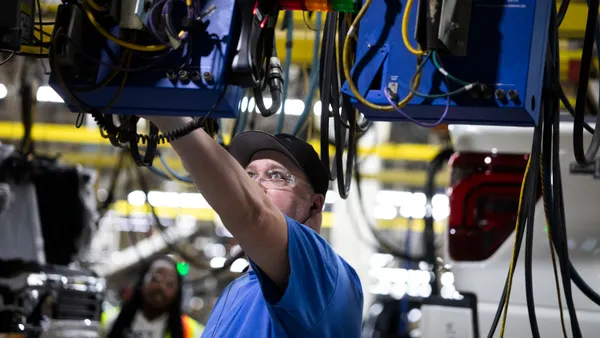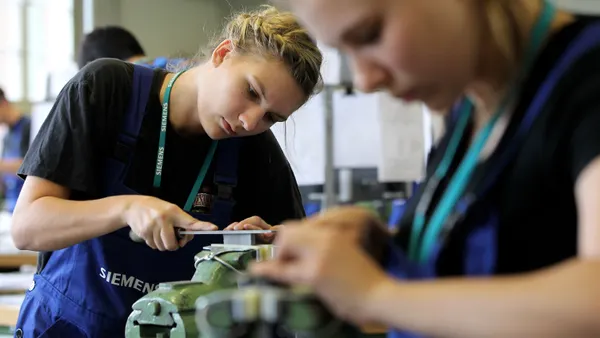The whole world watched in disbelief as YouTube videos surfaced showing passengers being forcibly dragged off United flight 3411 at Chicago O'Hare International Airport. Much has already been written about the importance of training in regards to such situations, but its true: Employee training may have been able to prevent some, if not all, of the issues at hand.
In many establishments, the notions of customer service and compassion for others get mixed, as sometimes policy clashes with what may seem like "common sense." Soft skills may often be forgotten by learning leaders — but that may need to change.
The role of soft skills in employee training and organizational success
Experts have increasingly emphasized how important soft skills are for career success. This component should be part of an holistic approach to employee training and development.
Deborah Moroney, Managing Director of the American Institutes for Research told the National Soft Skills Association, “This type of education is both the compass and the guide to success.” A full career training encompasses not only hard job skills, but also soft skills and emotional IQ.
How critical are soft skills for career and business success?
Companies can no longer take a passive stance on soft skills training. Instead, this must be viewed as an investment in the effectiveness of employees who will be better equipped to handle difficult, often volatile situations. All managers must identify development needs for each role in the organization, including the daily opportunities that employees have to demonstrate the corporate brand to customers.
Whether it’s right or wrong, individuals are under the close scrutiny of the public thanks to digital devices that capture the more embarrassing and brand damaging aspects of their work experiences. One negative event recorded and blasted all over social media channels is all it takes for a PR nightmare to ensue. No company can afford to take this risk lightly.
“Employees’ behavior, both positive and negative, has quickly become a new barometer for brand equity and brand perception," Heide Abelli, Skillsoft’s VP of leadership and business skills product management, told HR Dive. "An incident that might have gone unseen by the public in years past is now only a few clicks away from a full-blown PR crisis that can negatively affect brand equity – and a company’s bottom line.”
Soft skills harder to find in talent pool, so they must be taught
Earlier this year, HR Dive talked with leaders at Linkedin and Udemy about the skills and training that employers are focused on in 2017 and beyond. Blair Decembrele of LinkedIn told HR Dive 59% of US hiring managers were struggling to find enough candidates with soft skills — things like communication and critical thinking.
"Realizing the growing need to address this soft skills gap, job-training and apprentice programs are increasingly factoring soft skills into their technical training curriculum,” Decembrele said. Companies can either develop their own internal EQ and soft skill training courses, or take advantage of on-demand training like those offered by LinkedIn and Udemy.
“Managers need to identify employees soft skill development needs and provide appropriate development opportunities to address any gaps or deficiencies," Abelli said. "Organizations that don’t adequately train and develop the soft skills of their managers and employees may find themselves experiencing a similar fate to the likes of United, Uber and others, where the company's brand, reputation and financials can take a significant hit.”
In the aftermath of the United Airlines event, now is a good time for learning and development teams and managers to work together to ensure that all employees are gaining soft skills through on-the-job training initiatives. Companies should proactively take steps to ensure employees know how to react to difficult situations in a socially acceptable way.













